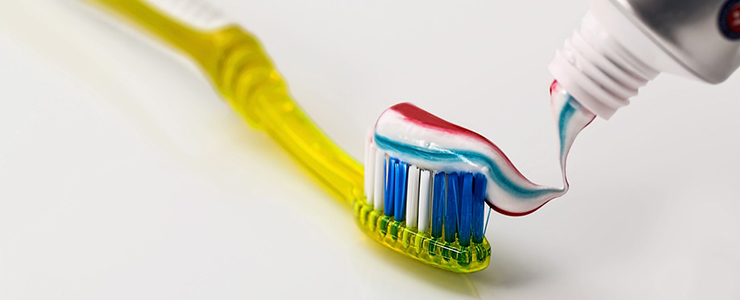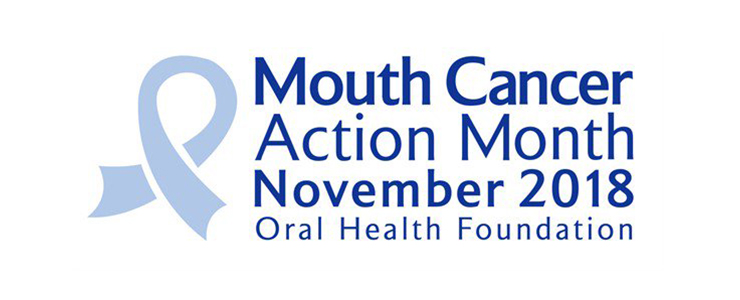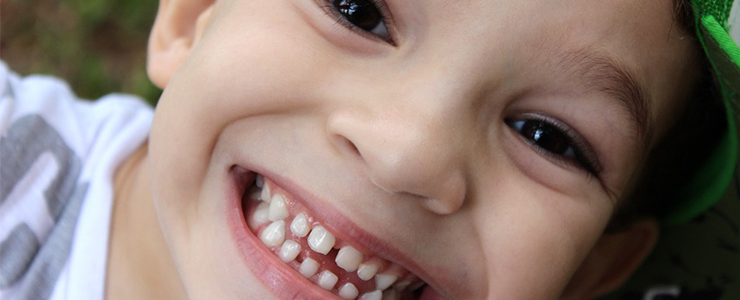We’ve just had Black Friday, the Bristol Christmas markets have opened, and festive adverts are everywhere… that can only mean one thing, Christmas is coming. Here at CK Dental, we love getting into the festive spirit, but take our duty as dental professionals very seriously. Each year, we try to ensure that our patients strike the right balance between enjoying festive indulgence and looking after their teeth effectively. It doesn’t have to mean you can’t enjoy the things you love, it is more a case of recognising the worst offenders and ensuring you keep your teeth and gums as healthy and clean as possible.
KNOW YOUR ENEMIES
It is a common misconception that some of the festive favourites aren’t as bad as we might think because they contain fruit. For the likes of Christmas cake, mince pies and Christmas pudding, this is far from the truth. These puddings all contain a lot of dried fruit, which is packed with sugar. They are also notoriously sticky, which means the sugar is likely to remain on your teeth for longer.
EVERYTHING IN MODERATION
Part of the fun of this time of year is passing around the chocolate box, having another slice of cake, unwrapping another chocolate orange or indulging in more sweet drinks, but it is easy to eat and drink for the sake of it. If you’re full, feeling lethargic or just conscious of how many calories you’re consuming, take a break from it. Say no thank you to the treats. Your teeth (and no doubt your waistline) will thank you for your restraint.
DON’T FORGET GOOD DENTAL HABITS
They say that a routine is hard to establish and easy to break, and that can certainly be the case for adults and children alike when the family is off school and work over Christmas, and our usual routines are disrupted. Making sure that children are still brushing their teeth first thing in the morning and last thing before bed is crucial. Sometimes more often than that if you’re aware that you have eaten a great deal of sugary food/drink. We may be up at strange times and going to bed later than usual but making time to keep caring for our teeth is really important.
Wishing you a very Merry Christmas from us all at CK Dental.








 There are many different reasons why a patient might feel nervous about visiting the dentist, some of which could be rationally justified, others may be based on lack of information or incorrect assumptions about what to expect. Here at CK Dental, we look through some of the most common causes associated with the condition of
There are many different reasons why a patient might feel nervous about visiting the dentist, some of which could be rationally justified, others may be based on lack of information or incorrect assumptions about what to expect. Here at CK Dental, we look through some of the most common causes associated with the condition of 
 Tooth wear is on the rise in the UK with over three-quarters of adults and 50 per cent of children showing some signs or erosion or abrasion. Tooth enamel is the hardest structure in the body, even harder than bone. It coats our teeth, protecting the sensitive dentine layer underneath and it can become eroded gradually as the result of acid attack.
Tooth wear is on the rise in the UK with over three-quarters of adults and 50 per cent of children showing some signs or erosion or abrasion. Tooth enamel is the hardest structure in the body, even harder than bone. It coats our teeth, protecting the sensitive dentine layer underneath and it can become eroded gradually as the result of acid attack.






